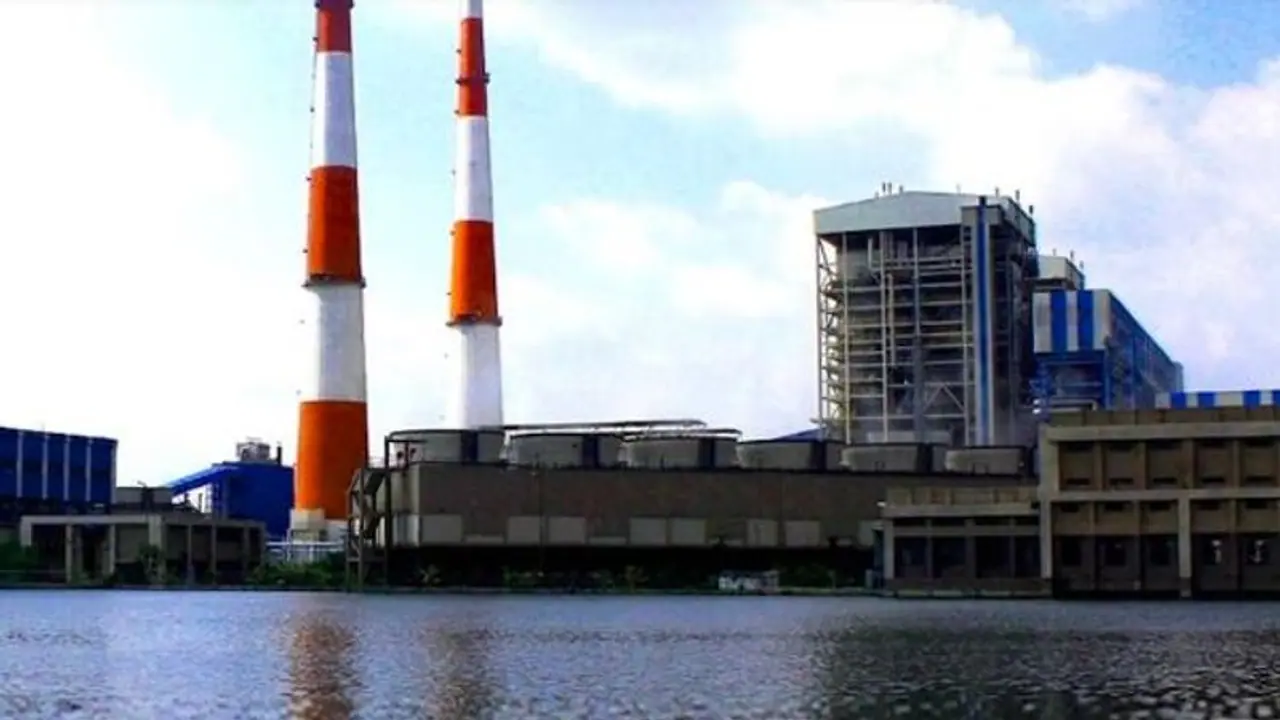A major bridge collapse in Baltimore sends shockwaves through global supply chains and economies, jeopardizing millions of tons of coal exports and highlighting vulnerabilities in critical infrastructure.
In a devastating turn of events, the Francis Scott Key Bridge in Baltimore collapsed early Tuesday after the container ship Dali collided with it, causing a cascade of disruptions that are expected to follow-up for weeks. The 1.6-mile-long bridge crumbled within seconds, leading to presumed casualties and significant economic ramifications.

The collapse has put a staggering 2.5 million tons of coal exports in jeopardy, along with hundreds of vehicles from major automakers like Ford Motor Co and General Motors Co. Additionally, the bridge's destruction threatens the smooth flow of lumber, gypsum, and other essential goods.
Moody's Analytics has highlighted the severe impact on the auto industry, particularly affecting Asia-Pacific's major car exporters such as China and Japan. Baltimore's role as a vital import hub for vehicles underscores the far-reaching consequences of this tragic event.
Although the coal market faces potential disruptions due to Baltimore's substantial share in U.S. seaborne coal exports, experts suggest that the broader Asia-Pacific macroeconomic data may not be significantly affected.
The toll of the collapse extends beyond economic concerns, with six people presumed dead after the incident. Immediate rescue efforts were hampered by the sudden loss of power on the Singaporean-flagged vessel, which triggered a mayday call.
The aftermath illuminates the fragility of global supply chains, already strained by other factors like drought in Panama and regional conflicts affecting shipping routes. Ports in New Jersey and Virginia now grapple with potential congestion as traffic diverts away from Baltimore, a critical port on the East Coast.
Baltimore's significance is evident in its handling of about 3% of all East Coast and Gulf Coast imports, with key players like European carmakers relying on its facilities. The impact also extends to coal exports, with potential ramifications for shipments to India and beyond.
The collapse has forced the US government to now focus on infrastructure resilience and investment. President Joe Biden has pledged federal support for the bridge's reconstruction, emphasizing the government's commitment to restoring critical transportation links swiftly. With efforts to reopen the port and rebuild the bridge intensify, stakeholders across industries brace for continued disruptions and challenges in the weeks ahead. India is also likely to get impacted with supply shortages across sectors.
